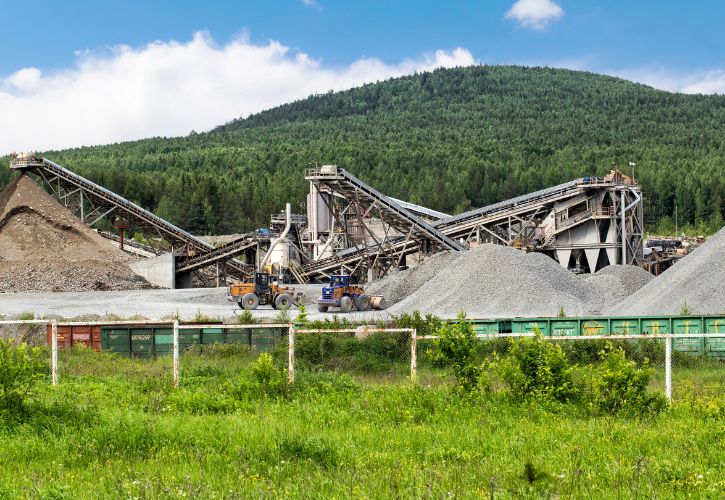
Mining is an ancient practice that’s central to the success and progression of human civilization. It fuels the world’s industries, powers homes, enables transportation, and facilitates the creation of multiple consumer products. Yet, this practice is harmful to the environment and ecosystems.
Ecosystem degradation, climate change, water pollution, and socio-economic disparities are a few of the many issues tied to mining activities. However, there are strategies designed to minimize the harmful practices of mining that you can implement through concerted efforts, innovative practices, and responsible stewardship.
Environmental regulations in mining should encompass a comprehensive range of areas, including waste disposal, water and air quality, land rehabilitation, and biodiversity protection. Mining companies must properly manage and dispose of hazardous waste to prevent soil and water contamination. Also, they should implement measures that minimize air pollutants, such as dust and greenhouse gases, produced during extraction and processing.
Efficient water management in mining seeks to minimize water use, maximize water recycling, and reduce the discharge of untreated wastewater into the environment. Mining companies can invest in advanced technologies that require less water for extraction and processing. Dry processing methods, like density or magnetic separation, can replace traditional wet processing methods that consume vast amounts of water.
The use of advanced technology can greatly assist in reducing the harmful impacts of mining. Artificial intelligence and machine learning enable predictive modeling to forecast potential environmental impacts, optimize resource extraction, and improve waste management strategies. Precision tools such as high-quality industrial scales for mining are crucial because they allow for accurate measurement and tracking of resources, minimizing wastage and promoting efficient use of mined materials.
Responsible mining practices extend beyond environmental considerations, delving into the social and economic aspects of mining operations. Mining companies should ensure that their employees work with dignity, offering fair wages, safe working conditions, and adequate health-care provisions. This boosts morale and enhances productivity, contributing to the overall success of mining operations.
Post-mining restoration and rehabilitation of mined land are critical in minimizing the environmental impacts of mining. By restoring the mined areas to their natural state or repurposing them for other beneficial uses, mining companies can ensure that the land continues to provide value even after mining operations have ended.
By implementing these practices, the mining industry can strike a balance between economic growth and environmental sustainability. It’s a social and professional responsibility that requires the collective effort of all stakeholders in the mining sector.
24World Media does not take any responsibility of the information you see on this page. The content this page contains is from independent third-party content provider. If you have any concerns regarding the content, please free to write us here: contact@24worldmedia.com